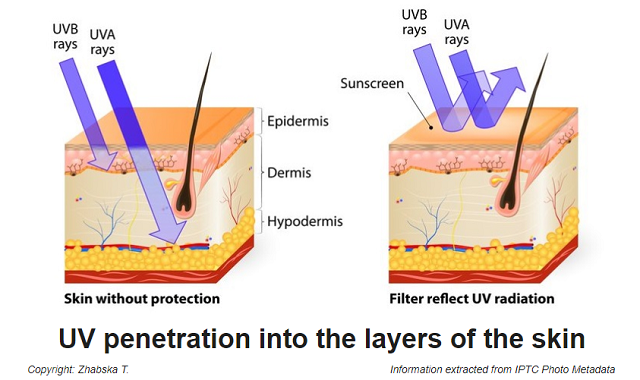Vitamin A in the diet may decrease risk of SCC
The overwhelming majority of non-melanoma skin cancers (NMSC) are caused by UV exposure. The best way to prevent the development of non-melanoma skin cancers is to practice sun safe behaviors including avoidance of tanning bed use, wearing sun protective clothing, application of sunscreen and avoiding excessive sun exposure. Most dermatology providers see patients who did not benefit from this information during their childhood and their past sun exposure has caused them to develop skin cancers in the present. Many patients who develop numerous NMSCs often look for additional measures to prevent the development of further skin cancers. A study in 2015 revealed twice daily supplementation of nicotinamide may decrease the number of NMSCs and actinic keratoses (“pre-cancers”) patients may develop.
In addition to Nicotinamide, prescription Vitamin A derivatives , or retinoids, have been used for the prevention of squamous cell cancers in high risk patients, such as solid organ transplant patients, for decades. The side effects of these medications, however, can be difficult for patients to tolerate. A new study in JAMA Dermatology revealed higher oral intake of Vitamin A , retinol, and several individual carotenoids, including beta cryptoxanthin, lycopene, and lutein and zeaxanthin, was associated with lower risk of squamous cell cancers in these patients.
This cohort study prospectively examined intake of vitamin A and carotenoids and squamous cell cancer rates through data from the Nurses’ Health Study (1984-2012) and the Health Professionals Follow-up Study (1986-2012). Diet was assessed repeatedly for these individuals and incident squamous cell cancer was confirmed by pathology reports. More research is needed to understand the appropriate level of vitamin A intake for maximum health benefits. Therefore, the authors conclude the risks and benefits of high vitamin A intake should be considered individually.
